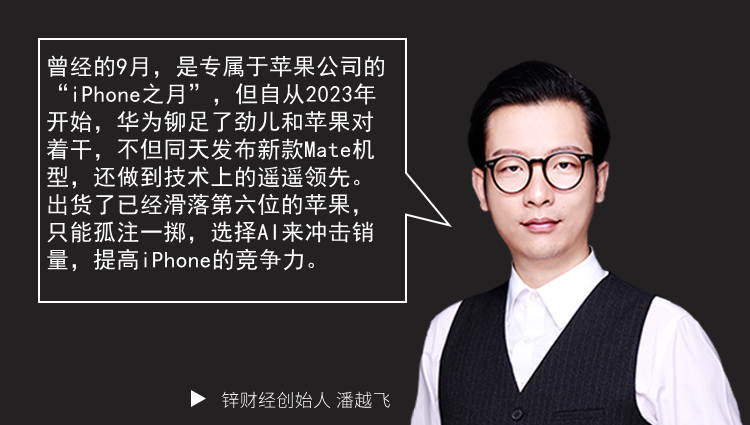Huawei challenges Apple?
![]() 09/25 2024
09/25 2024
![]() 644
644
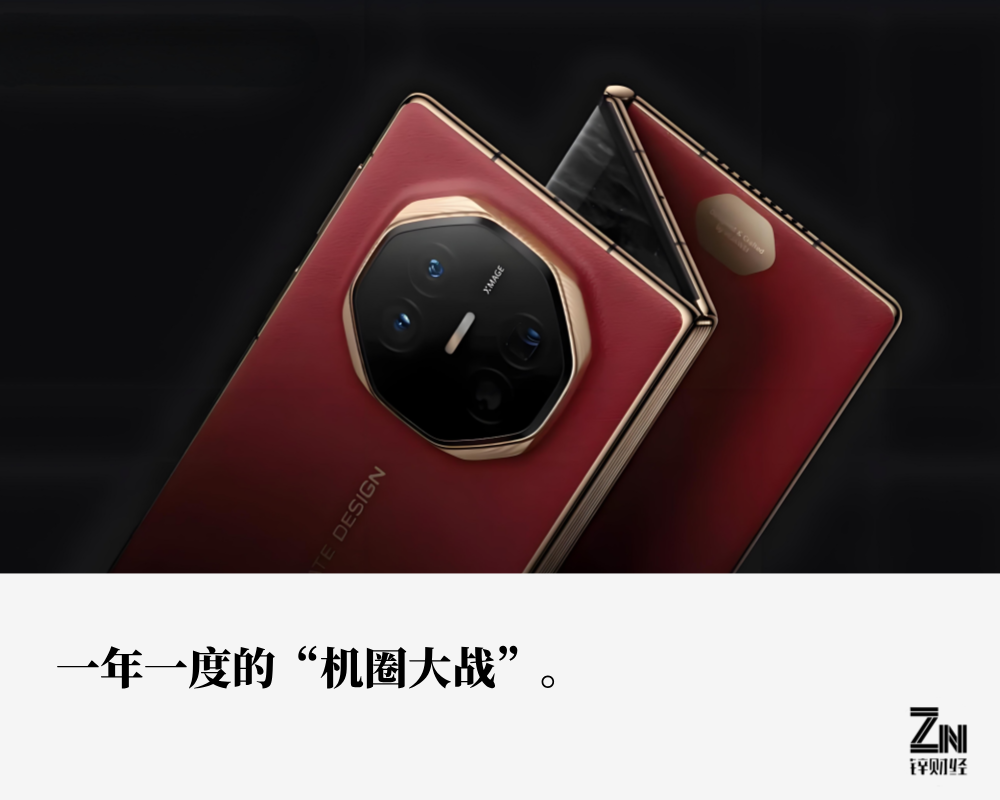
Author|Sun Pengyue
Editor|Da Feng
The annual "iPhone Spring Festival Gala" is gradually being usurped by Huawei.
At 1:00 AM Beijing time on September 10, Apple held its autumn press conference to unveil its flagship product, the iPhone 16, among other major releases. Later that same day, at 2:30 PM, Huawei also held its Extraordinary Brand Ceremony, introducing the brand-new flagship Huawei Mate XT, the Master of Extraordinary.
Currently, Huawei's Mate XT, with its home court advantage, is generating significantly more buzz than Apple's iPhone 16. As of 1:00 PM on September 13, the number of reservations for Huawei's triple-folding phone, the Mate XT Master of Extraordinary, has reached 5.679 million.
Market verification has proven that only Huawei can withstand Apple's challenge.
01
The Myth of the 'Apple Spring Festival Gala' Shattered
In the digital 3C industry, September has traditionally been dedicated to Apple as the 'iPhone Month,' with the latest iPhone series released annually during this time, making it a highly anticipated event akin to a 'Spring Festival Gala' for Apple fans worldwide.
Since the release of the iPhone 4 in 2010, all mobile phone brands have shied away from competing during this month. However, in September 2023, Huawei sounded the clarion call to counterattack Apple.
Last September, both Huawei and Apple released their flagship phones on the same day: Huawei's Mate 60 series and Apple's iPhone 15 series.
Not only were they released on the same day, but Huawei also taught Apple a lesson with its 'hardcore black technology.'
The Mate 60 series introduced groundbreaking technologies such as ceramic 'sky-blue glaze,' Basalt Armor Glass with Kunlun technology, scratch-resistant technology, and satellite communication. These cutting-edge features gave a significant blow to Apple, which has been criticized for incremental updates.
Since its launch, the Mate 60 series has been a bestseller in the market. By the end of June 2024, sales of all versions of the Mate 60 series had surpassed 10 million units, with the Mate 60 Pro achieving a sales ratio of 101.41, far outpacing other competitors and establishing a dominant position.
According to IDC's tracking report, Huawei ranked first in China's smartphone market with a 17.5% market share in the first half of 2024, earning the title of 'Half-Year Champion 2024.'
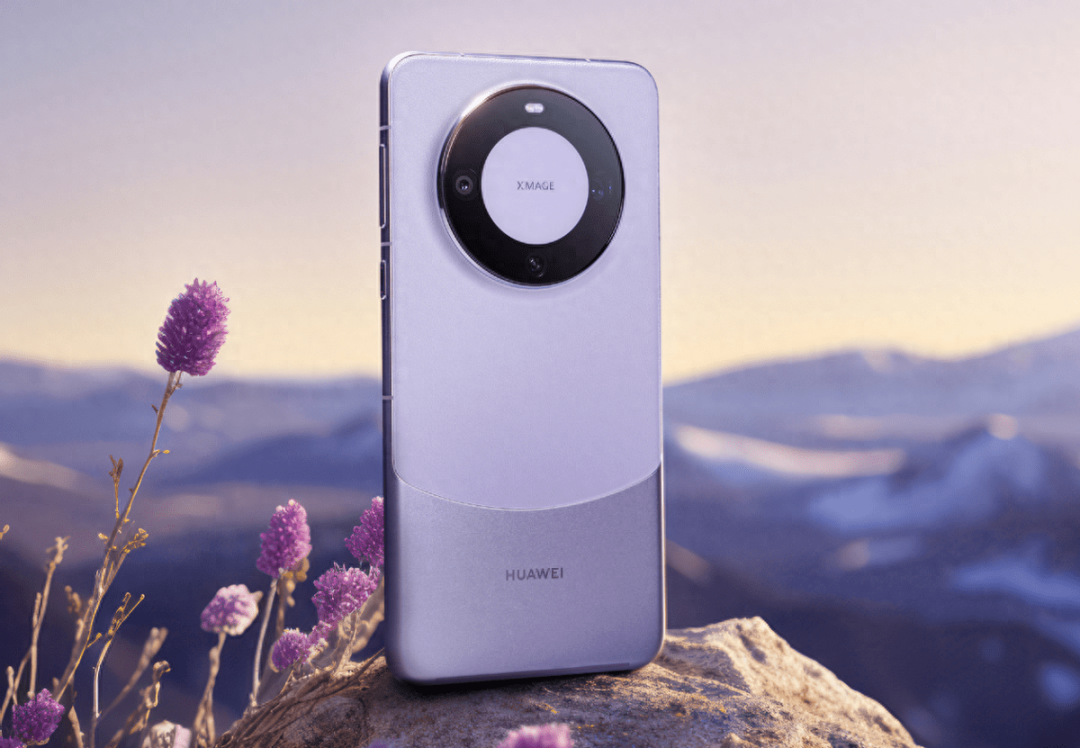
Huawei Mate 60
The decades-old myth of the 'Apple Spring Festival Gala' has been shattered, and Apple's iPhone 15 series, which was successfully 'sniped' by Huawei, has seen a sharp decline in sales. According to Canalys' report, in the second quarter of 2024, Apple fell to sixth place in shipments, with its market share decreasing by 2% year-on-year to 14%.
This is a sweet revenge for Huawei.
Once a dominant player in the smartphone market, Huawei shipped an astonishing 240 million units globally in 2019, ranking first in domestic market share and second globally.
However, following sanctions, Huawei suffered a severe setback due to the chip shortage, leading to a three-year decline. From a peak of 240 million units to a low of 28 million, Huawei ceded its premium market to Apple.
Now, three years later, Huawei has rebounded and dealt a severe blow to Apple during its strongest month.
It's undeniable that Huawei's story reads like the protagonist of a thrilling revenge novel.
02
From AI to Foldable Screens
Both Huawei's Mate XT and Apple's iPhone 16 series represent two directions in high-end mobile phones: foldable screens and AI integration.
Let's start with foldable screens.
Currently, the most expensive models from Android brands are primarily foldable phones, indicating their premium positioning.
The allure of foldable screens lies in their futuristic design and visually stunning appearance, which easily justifies higher prices and propels brands towards the premium market.
This year, foldable screens have evolved into two forms: 'large folds' and 'small folds,' further expanding their target audience. Whether one prefers a mature and understated 'business style' or a cute and refreshing 'fashion style,' there's a foldable option for everyone.
In Q1 2024, Counterpoint data showed that global foldable phone shipments grew by an astonishing 49%, the highest in the past six quarters.
In Q2 2024, IDC data revealed that China's foldable phone market maintained triple-digit year-on-year growth, with shipments reaching 2.57 million units. Huawei led the market with a 41.7% share.
Driven by foldable screens, the global smartphone market finally emerged from its multi-year winter. In Q2 2024, global smartphone shipments grew by 6% year-on-year, the highest growth rate in three years, according to Counterpoint data.
The only brand that struggled in this segment was Apple. In Q2 2024, Apple's sales fell to sixth place, marking its worst performance in a decade.
Since the launch of the world's first foldable phone in 2018, Apple has lagged behind for six years in this field. Neither its software performance nor hardware supply chain components can compete with Android foldables in the short term.
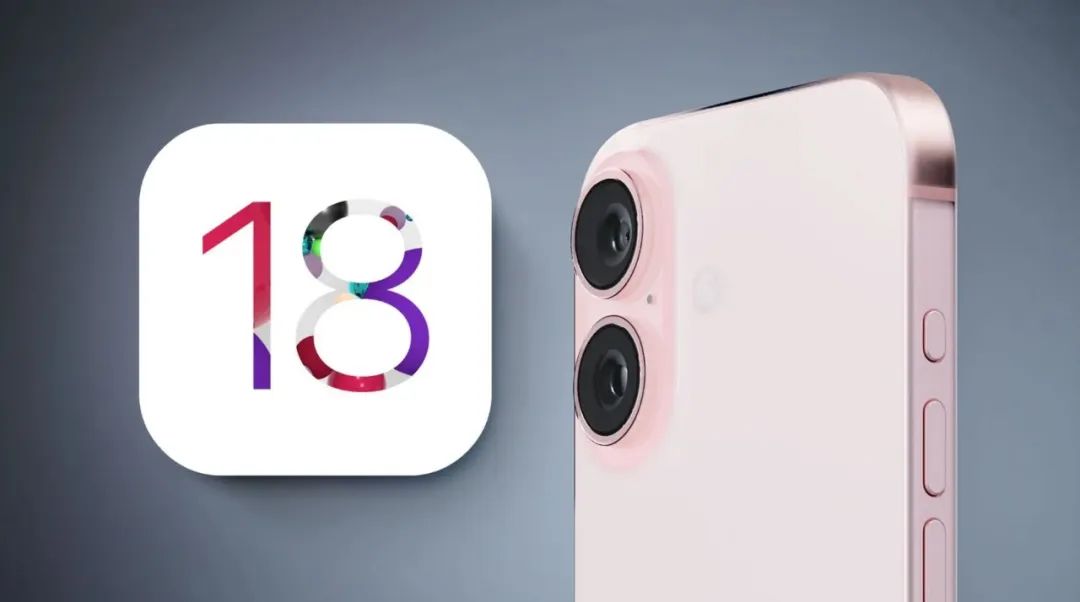
iPhone 16
Unable to compete in foldable screens, Apple shifted gears and focused on the hottest trend: AI big models. It aimed to secure a ticket to the AI boat with its AI-integrated phones.
According to Tim Cook, the iPhone 16 series is Apple's first flagship designed specifically for generative AI. It integrates AI capabilities for the first time and introduces Apple Intelligence in iOS 18, enhancing multiple official apps, particularly Siri. With AI support, its language understanding capabilities have improved significantly, and it can now receive text commands.
Despite the flashy presentation, it's worth noting that the Chinese version of Apple Intelligence is expected to arrive in 2025, meaning domestic iPhone 16 users will have to wait longer to fully experience this core feature. This has heightened market concerns about Apple's AI strategy timeline.
More importantly, Apple's entry into the AI phone market is delayed.
As early as September 2023, Huawei's MATE60 series had already integrated its self-developed Pangu big model, becoming the first 'AI big model phone.'
Apple's long-time rival Samsung also joined the race by pre-installing Google's Gemini AI model in the Galaxy S24 series at the end of 2023.
Besides Huawei and Samsung, other domestic phone brands, such as Xiaomi, OPPO, vivo, and Honor, have also embraced AI as the future direction, with their new flagship phones either integrating AI big models or AI voice assistants.
The AI features highlighted in the iPhone 16 series can largely be found in Android alternatives.
Apple's attempt to differentiate its products through AI remains a step behind, with an uncertain market outlook.
03
Global Market Recovers
In 2017, the US-based Future Today Institute, a consultancy focused on technology trends, predicted the end of the smartphone era due to market saturation and declining new demand.
This prophecy gradually materialized in subsequent years, with global smartphone shipments consistently declining. In 2022, global smartphone shipments dropped by 11.3%, the lowest in a decade. The decline was even more pronounced in the fourth quarter, with a year-on-year drop of 18.3%.
This chill in the global smartphone market persisted into 2023. According to TechInsights' latest report, global smartphone shipments continued to shrink to 1.16 billion units in 2023, a 2.8% year-on-year decline from 1.2 billion units in 2022.
The primary reason for this market downturn is the decline in smartphone innovation, with incremental updates becoming the norm, leading to a lack of differentiation that consumers can perceive.
As a result, the average replacement cycle has extended to over 31 months.
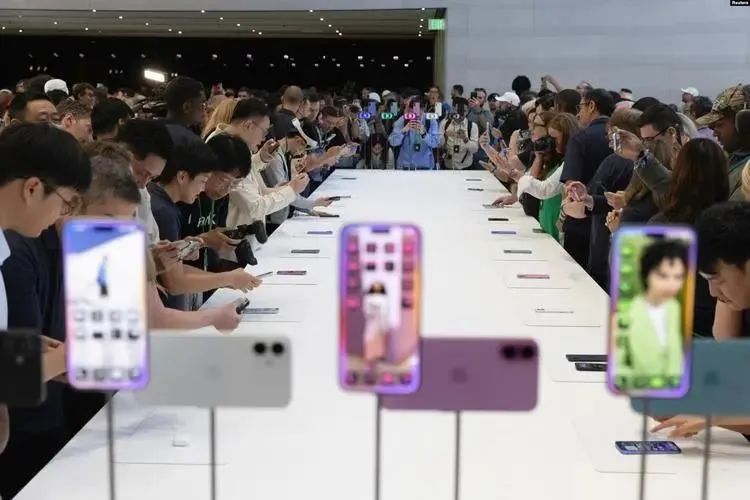
Source: Internet
Against this backdrop, major phone brands have shifted away from the cost-effectiveness route and focused on product innovation to enhance differentiation and stimulate shipments. Foldable screens and AI phones have emerged as lifesavers.
Spurred by these two trends, consumers are embracing a wave of phone replacements.
Currently, Huawei and Samsung dominate the foldable screen market, occupying significant shares in the Chinese and overseas markets, respectively. However, in the AI phone segment, no killer product or end-side big model has yet to revolutionize user perceptions.
Perhaps, only the arrival of the Chinese version of Apple Intelligence in 2025 will bring a unique experience to the market and consumers.
